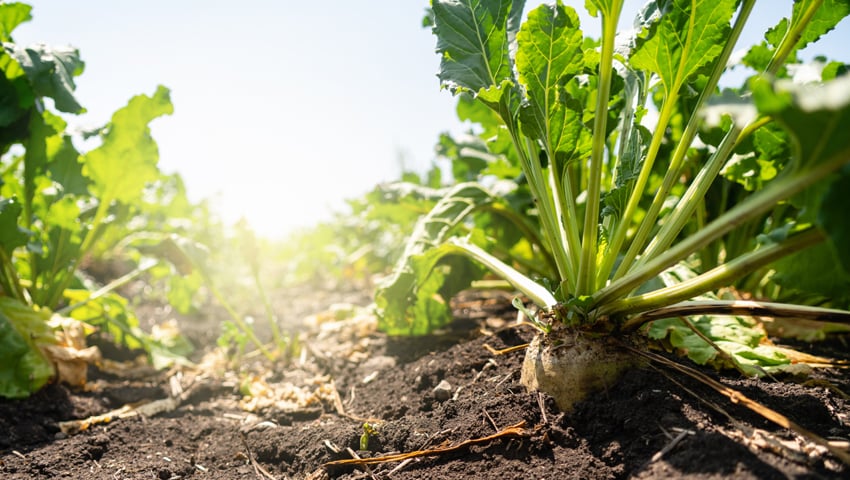AN APPLICATION for the use of a banned, bee-harming neonicotinoid on sugar beet seed in 2024 has been submitted to the UK Government – despite an industry commitment to end reliance on the banned pesticide in 2023. In August 2020, British Sugar pleaded for “no more than three years… to give us time to develop alternatives to the seed treatments.” Three years has now passed.
Meeting minutes reveal that the Expert Committee on Pesticides, which has repeatedly advised the government against authorising banned pesticides, now warns that the risks to bees and other pollinators from such a decision outweigh any likely benefits for sugar beet growers.
Less than a year ago, the government committed the UK to reducing the risk from pesticides and highly hazardous chemicals by at least half by 2030.
The Wildlife Trusts says that farming minister, Mark Spencer, must now decide whether to follow expert advice and European standards – or to allow an authorisation of the banned chemical in the new year.
A minuscule trace of neonicotinoids – which were banned in the UK and across the EU in 2018 – can disrupt a bee’s ability to navigate and reproduce, with long-lasting consequences for their survival. When neonicotinoids are washed into streams and rivers, they are extremely toxic to aquatic invertebrates and pollute the water. Yet, for the last three years the government has granted a derogation for the use of the neonicotinoid Thiamethoxam on sugar beet.
A European High Court ruling on 19 January 2023 found that authorisations for using neonicotinoids were never justified. But on 23 January 2023, the government allowed the use of neonicotinoids on sugar beet in defiance of the UK Expert Committee on Pesticides, which said it was unable to support an authorisation because the “potential adverse effects to honeybees and other pollinators outweigh the likely benefits.”
Barnaby Coupe, Land Use Policy Manager of The Wildlife Trusts, says, “No farmer wants to grow crops using banned pesticides – and no one wants their Christmas cake baked with bee-harming sugar. Where are the alternatives that British Sugar claimed it would invest in? All eyes are now on the Minister, Mark Spencer, to uphold the law banning bee-harming pesticides.
“Less than a year ago, the government committed the UK to reducing the risk from pesticides and highly hazardous chemicals by at least half by 2030. Since then, the European Court has ruled against attempts to weaken the ban on neonics. Now we learn that the UK Expert Committee on Pesticides has once more advised against the use of these chemicals, citing unacceptable risks to bees and river health.
“A third of sugar beet farmers decided against using neonics last year, even though they were authorised for use. Many growers are trying to farm in a way that does not harm nature or rivers – yet there is no support for these growers from the industry or Government. British Sugar appears more interested in short-term profits than the long-term sustainability of the farming sector.”
Sue Pritchard, Chief Executive of the Food, Farming and Countryside Commission said, “British Sugar has actually had 13 years notice to work with their farmers to plan for alternatives. They made £1.4 billion profit this year and are currently in dispute with farmers over the beet contract price. This isn’t science, it’s greed.”
Recent research found that harmful neonicotinoids have been found in more than 10% of English rivers, despite a widespread ban of these chemicals in 2018. In more than half of the rivers where neonics were detected, they were at levels which posed a significant risk to wildlife.
The Wildlife Trusts submitted a formal complaint to the Office for Environmental Protection (OEP) in June this year, raising concerns that the Minister’s decision to allow a derogation was flawed and that the emergency authorisation should never have been granted.
Professor Dave Goulson has written extensively on the subject. He summarises the danger, “Neurotoxins persist in soils for years, and they are now known to be found in hedgerow plants, streams and ponds. One teaspoon is enough to deliver a lethal dose to 1.25 billion honeybees (it would kill half of them, and leave the others feeling very unwell). But they do not just pose a threat to bees; any insect living on farmland or in streams that flow from farmland, and any organisms that depend on insects for food (e.g. many birds and fish) are likely to be affected.”
